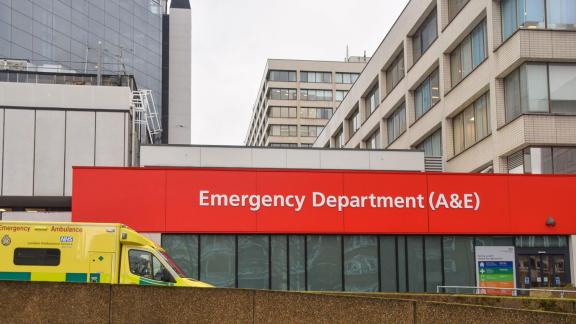NHS Confederation responds to annual A&E activity figures

Responding to the publication of annual A&E activity figures by NHS Digital, Matthew Taylor, chief executive of the NHS Confederation, said:
“A&Es have been under enormous pressure for years, with people naturally gravitating towards ‘where the lights are on’ and where they know they will be seen in a relatively short time frame.
“But it’s not just A&Es that are under pressure and that is the problem. With general practice and primary care also facing huge demand, we know that patients may turn towards urgent and emergency care should they struggle to get a GP appointment at a time suitable to them.
“As well as this we have an aging population with increasingly complex needs, a neglected and under resourced social care sector, and an elective care waiting list currently standing at 7.7m, all of which has consequences for A&Es which provide a safety net for the entire system. For instance, many of those on waiting lists might develop complications to their condition and so seek help from urgent care.
“The data for last year shows the scale of the effects ever growing demand is having on A&E and on patients, with over 410,000 people waiting over half a day for admission, up from 98,000 the previous year, and this isn’t even from time of arrival, so a patient could’ve been waiting much longer. But with too few staff, beds, or capacity and availability in alternative services, health leaders can only do so much.
“This level of demand is unsustainable, so we need to see a greater focus on prevention and resourcing for community care to help relieve some pressure, keep patients healthy and out of hospital, and enable them to get care closer to home.
“Our own research shows that for every £1 invested in community or primary care, there is up to a £14 return back into the economy, so not only would greater investment be beneficial for patients, but it makes sound financial sense for the wider economy.”



